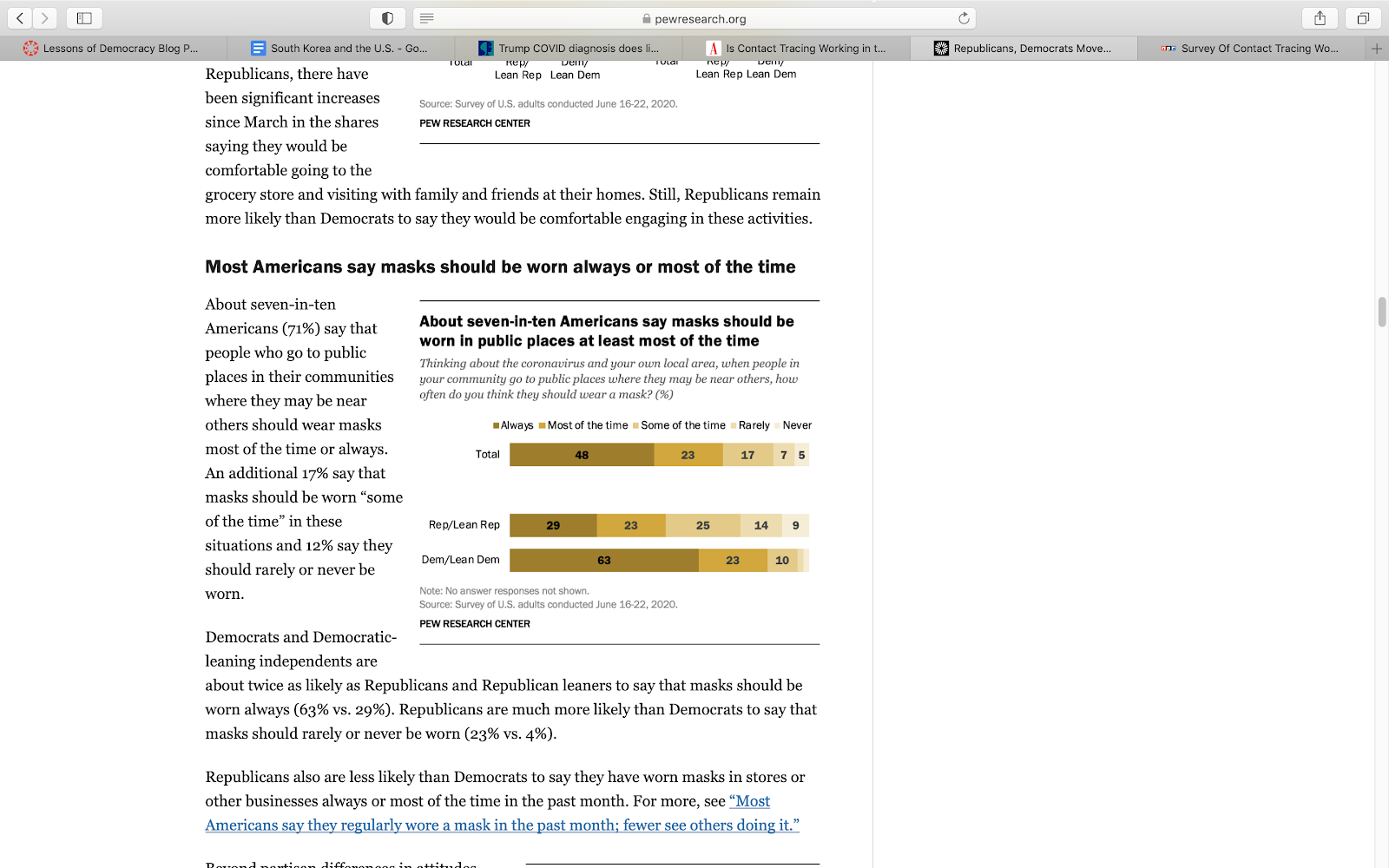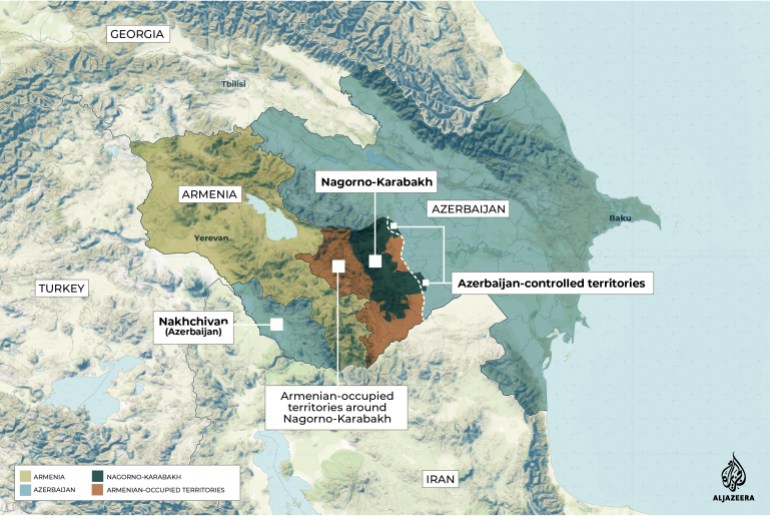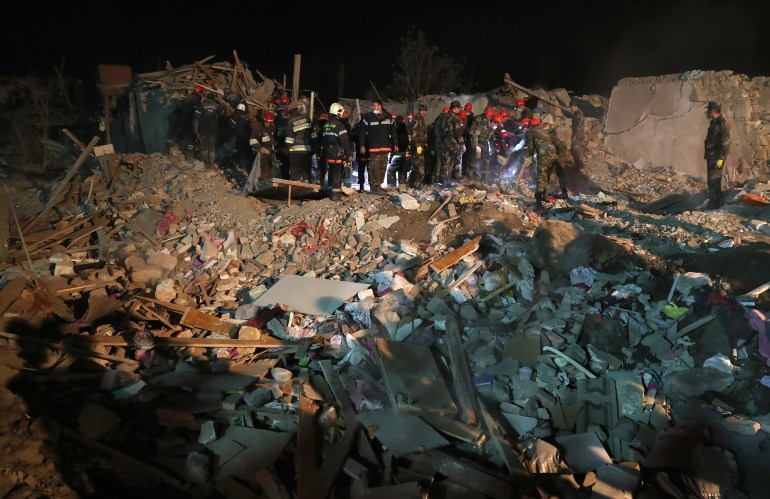
Figure 1: Total number of confirmed COVID-19 cases 45 days after 100th confirmed case
Schneider, M., Thornell, C., Parvaneh, D., & Chakraborty, R. (2020, August 06). The big lesson from South Korea's coronavirus response. Retrieved October 19, 2020, from https://www.vox.com/videos/2020/8/6/21356265/south-korea-coronavirus-response-testing
Although both South Korea and the United States reported their first case of COVID-19 on January 20, 2020, the two countries have had substantially different outcomes in their COVID-19 mitigation efforts. The United States currently has the most cases of COVID-19 in the world with 8.17 million infected and 211 thousand deaths, whereas South Korea has only 25,199 cases and 444 deaths (Google 2020). Despite both being democratic institutions, South Korea’s COVID-19 strategy has been more successful in combating COVID-19 than the United States because of its use of robust mitigation strategies and the cultural values of its citizens.
Back in 2015, South Korea combatted the 2nd largest outbreak of the Middle Eastern Respiratory Disease (MERS), caused by a similar Coronavirus (Schneider et al. 2020). The outbreak taught the South Korean government and health officials several lessons on how to handle a future outbreak. The first of these lessons was the importance of taking immediate precautionary measures against threatening diseases. Right after China reported its first case of COVID-19, South Korea began developing a diagnostic test for the virus. They developed thousands of test kits which were then distributed to every hospital in the country (Schneider et al. 2020). Additionally, the federal government placed the country on red alert after just its fifth confirmed death from the virus, on February 28, maximizing government oversight of COVID-19 (Oh 2020). In sharp contrast, the United States government heavily downplayed the initial threat of the virus. According to Schnieder et al. (Schneider et al. 2020), in their article “The big lesson from South Korea’s coronavirus response” the Trump “administration publicly treated the virus as a minor threat that was under control, at least domestically, and repeatedly assured the public that the risk to Americans was very low” (Schneider et al. 2020). Furthermore, President Trump would not officially declare the pandemic to be a national emergency until March 13 (Oh 2020).
The 2015 MERS outbreak also taught South Korea the importance of large-scale testing. In addition to the prompt creation and distribution of thousands of diagnostic tests, the country also had “national and private health care providers set up a mostly free testing effort across Korea that includes more than 600 locations that screen up to 20,000 people a day,” by early February (Oh 2020). These wide-scale tests have allowed South Korea to quickly isolate and treat infected individuals. Meanwhile, the United States struggled to create adequate tests to distribute to its residents. Despite the World Health Organization (WHO) distributing hundreds of thousands of tests to laboratories around the world, both the Trump “administration and the Center for Disease Control and Prevention decided to rely exclusively on domestically developed tests” to align with their ideas of American exceptionalism and traditional pandemic protocol (Rabin et al. 2020). However, these tests proved to be faulty just after one week of their distribution to labs across the nation (Wallach and Myers 2020). By March 15, the country was only able to conduct 28,000 tests. Later tests that were distributed within the month revealed that COVID-19 had spread to more than 100,000 people (Wallach and Myers 2020). Therefore, the United States’ inability to provide sufficient testing, during the early stages of the pandemic, exponentially increased the nation’s case and death toll.
Additionally, South Korea’s struggle to keep track of individuals who were exposed to MERS, in 2015, also taught health authorities of the importance of contact tracing. Their realization led to the implementation of a new law that allows the federal government to collect and log a patient’s whereabouts from security footage and then distribute that information via smartphone notification, during an outbreak, to notify people of their need to be tested. The creation of additional websites and private apps further informs the public of locations they should avoid (Schneider et al. 2020). The effectiveness of these contact tracing efforts can be exemplified when South Korea traced and tested over 9,000 individuals that were exposed to one of the 3,000 patients the country had accumulated by February 14 (Schneider et al. 2020). Overall, it has been South Korea’s implementation of wide-scale testing services coupled with its use of rigorous contact-tracing, both in the early and present stages of the pandemic, that has both allowed it to quickly isolate and treat the sick, test those have been exposed, and prevent future exposure to the virus. The United States, on the other hand, has no national contact-tracing program. Only seven states have a sufficient amount of contact tracers to meet the estimated demand and the contact tracers that are available have only been able to trace and contact a fraction of the individuals who have been exposed (Simmons-Duffin 2020) (Terhune et al. 2020). Reportedly, “only around half of people in New Jersey, Houston, and California’s inland empire do not cooperate to contact tracing efforts” (Khazan 2020). Therefore, the United States’ lack of a robust and rigorous contact tracing system has further contributed to the unregulated spread of COVID-19 across the country.

Figure 2: States with sufficient amounts of contact tracers
Simmons-Duffin, S. (2020, August 07). Coronavirus Cases Are Surging. The Contact Tracing Workforce Is Not. Retrieved October 19, 2020, from https://www.npr.org/sections/health-shots/2020/08/07/899954832/coronavirus-cases-are-surging-the-contact-tracing-workforce-is-not
Of course, the success of any democratic country's national strategy cannot be accomplished without the cooperation of its citizens. According to the commissioner of the Korea Disease Prevention and Control Agency, the majority of South Koreans “prioritize public health over privacy” (Schneider et al. 2020). In fact, in regards to the government's publication of tracing data, “nearly half of Koreans [have] called for more information disclosure, while only 6 percent wanted less” (Oh 2020). Meanwhile, one of the primary reasons the United States’ contact tracing has failed is because Americans have a deep distrust of their government and in the sudden implementation of new stricter regulations. Only 32% of Americans trust the federal government (Wallach and Myers 2020). Another reason for Americans' lack of adherence to stricter COVID-19 guidelines is due to their heightened value of liberty. Around 58% of Americans believe that “it is most important for people to be free to pursue their life’s goals without interference from the state” (Fitzpatrick 2020). This is likely why less than 51% of Americans stated that they would be willing to participate in a cell-phone based tracing system (Jackson and Newall 2020). Lastly, President Trump’s downplaying of the pandemic and refusal to follow initial health protocols have politicized the following of recommended COVID-19 guidelines (Fitzpatrick 2020). For example, according to a recent Pew Survey, “63% of Democrats and Democratic-leaning independents said masks should always be worn, compared to only 29% of Republicans and Republican-leaning independents'' (Wallach and Myers 2020). Overall, the lessons that South Korea learned from the 2015 MERS outbreak and the cultural values of its citizens have allowed it to be more successful in combating the spread of the virus than the United States.

Figure 3: American responses on how often masks should be worn in public places
Pew Research. (2020, August 28). Republicans, Democrats Move Even Further Apart in Coronavirus Concerns. Retrieved October 19, 2020, from https://www.pewresearch.org/politics/2020/06/25/republicans-democrats-move-even-further-apart-in-coronavirus-concerns/
Works Cited:
Schneider, M., Thornell, C., Parvaneh, D., & Chakraborty, R. (2020, August 06). The big lesson from South Korea's coronavirus response. Retrieved October 19, 2020, from https://www.vox.com/videos/2020/8/6/21356265/south-korea-coronavirus-response-testing
Oh, S. (2020, June 04). South Korea's Success Against COVID-19. Retrieved October 19, 2020, from https://www.theregreview.org/2020/05/14/oh-south-korea-success-against-covid-19/
Wallach, P. A., & Myers, J. (2020, April 01). The federal government's coronavirus actions and failures. Retrieved October 19, 2020, from https://www.brookings.edu/research/the-federal-governments-coronavirus-actions-and-failures-timeline-and-themes/
Rabin, R., Sheikh, K., & Thomas, K. (2020, March 02). As Coronavirus Numbers Rise, C.D.C. Testing Comes Under Fire. Retrieved October 19, 2020, from https://www.nytimes.com/2020/03/02/health/coronavirus-testing-cdc.html
Jackson, C., & Newall, M. (2020, October 06). Trump COVID diagnosis does little to change Americans' behavior around the virus. Retrieved October 19, 2020, from https://www.ipsos.com/en-us/news-polls/axios-ipsos-coronavirus-index
Terhune, C., Levine, D., Jin, H., & Lee, J. L. (2020, March 18). Special Report: How Korea trounced U.S. in race to test people for coronavirus. Retrieved October 19, 2020, from https://www.reuters.com/article/us-health-coronavirus-testing-specialrep/special-report-how-korea-trounced-u-s-in-race-to-test-people-for-coronavirus-idUSKBN2153BW
Fitzpatrick, A. (2020, August 13). Why the U.S. Is Losing the War On COVID-19. Retrieved October 19, 2020, from https://time.com/5879086/us-covid-19/
Khazan, O. (2020, September 18). The Most American COVID-19 Failure Yet. Retrieved October 19, 2020, from https://www.theatlantic.com/politics/archive/2020/08/contact-tracing-hr-6666-working-us/615637/
Simmons-Duffin, S. (2020, August 07). Coronavirus Cases Are Surging. The Contact Tracing Workforce Is Not. Retrieved October 19, 2020, from https://www.npr.org/sections/health-shots/2020/08/07/899954832/coronavirus-cases-are-surging-the-contact-tracing-workforce-is-not
Pew Research. (2020, August 28). Republicans, Democrats Move Even Further Apart in Coronavirus Concerns. Retrieved October 19, 2020, from https://www.pewresearch.org/politics/2020/06/25/republicans-democrats-move-even-further-apart-in-coronavirus-concerns/
















